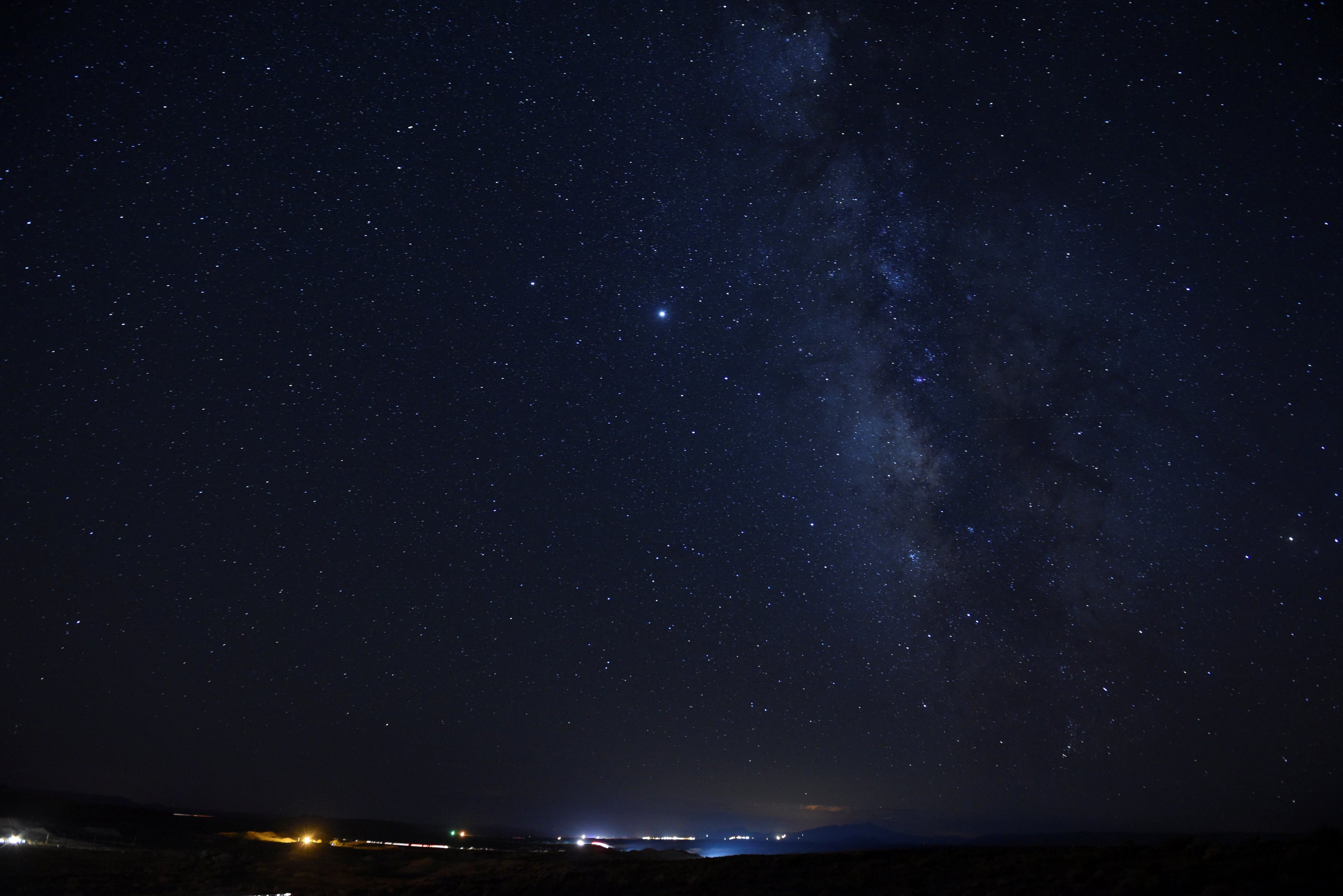The universe is getting hotter, scientists say

The universe is getting hotter as it gets older, scientists have said.
New research explored the temperature of the universe over the last 10 billion years in an attempt to understand its "thermal history".
They found that the average temperature of gas across the whole cosmos has increased more than 10 times in that period – and today stands at around two million degrees Celsius.
The research – published last month in the Astrophysical Journal – relied on and confirmed work by Jim Peebles, who won the 2019 Nobel Prize in Physics for his work on the large-scale structure of the universe. The heating is a result of that structure and how it changes over time, as a result of the galaxies and galaxy clusters move around.
"As the universe evolves, gravity pulls dark matter and gas in space together into galaxies and clusters of galaxies," said Yi-Kuan Chiang, lead author of the study. "The drag is violent – so violent that more and more gas is shocked and heated up."
To check the temperature of the universe, researchers devised a way that allowed them to estimate what it would be further from Earth – which when observed is effectively looking back in time – and compare it to approximations of the heat that is observed more near to us, both physically and in time.
Those measurements were gathered by using different properties of light. They could evaluate the distance using “redshift”, an effect that happens as light becomes more red as it is lengthened on its journey through the universe; and they could evaluate the temperature from that same light.
The difference between the two allowed them to understand the change over time. And it showed that it was indeed getting hotter, and that it would likely continue over time.
"We have measured temperatures throughout the history of the universe," said Brice Ménard, a Johns Hopkins professor of physics and astronomy. "As time has gone on, all those clusters of galaxies are getting hotter and hotter because their gravity pulls more and more gas toward them."
Subscribe to Independent Premium to bookmark this article
Want to bookmark your favourite articles and stories to read or reference later? Start your Independent Premium subscription today.


Join our commenting forum
Join thought-provoking conversations, follow other Independent readers and see their replies
Comments